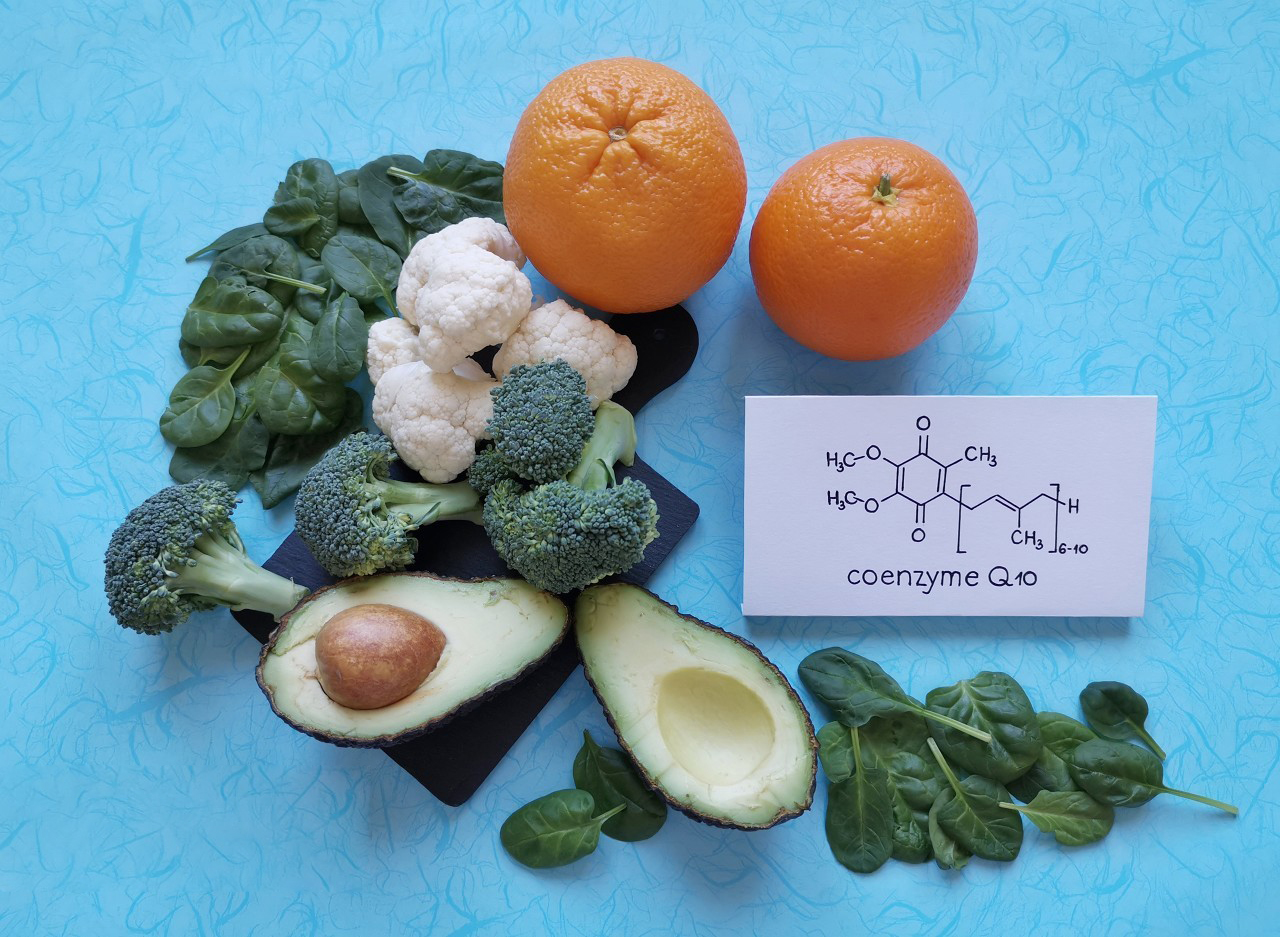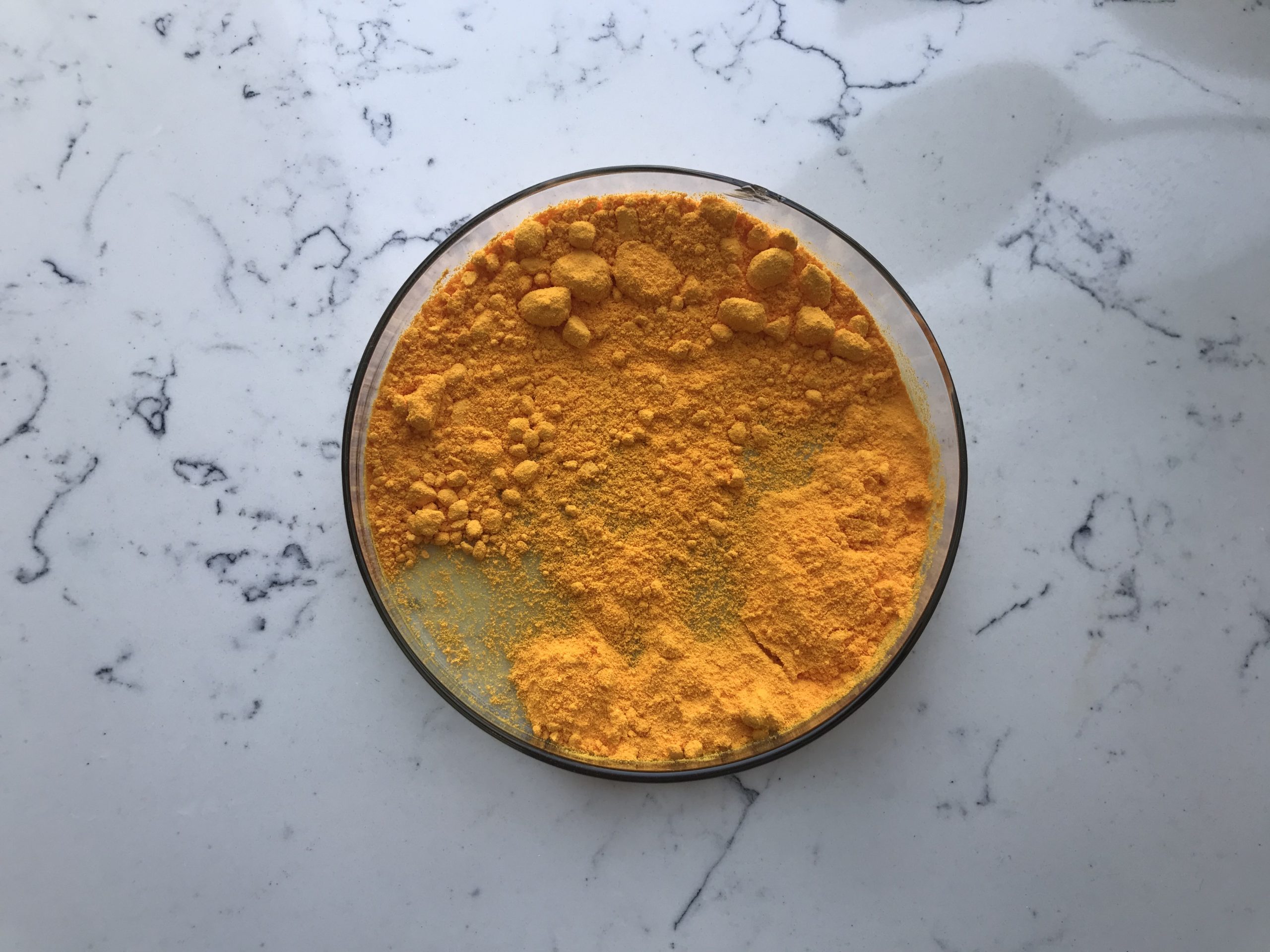Coenzyme Q10, often abbreviated as CoQ10 or ubiquinone, is a naturally occurring compound found in the cells of the human body and many other living organisms. It plays a crucial role in the production of energy within cells and serves as a potent antioxidant. Comprehensive research on Coenzyme Q10 has revealed its importance in various aspects of human health and its potential therapeutic applications. Here’s an overview of the comprehensive research on Coenzyme Q10:

Biological Function:
- Coenzyme Q10 is an essential component of the electron transport chain, which is responsible for generating adenosine triphosphate (ATP), the primary energy currency of cells.
- It acts as an antioxidant, helping to neutralize harmful free radicals and protect cells from oxidative damage.
Sources:
- Coenzyme Q10 can be obtained through dietary sources like fish, meat, and whole grains, but the body also synthesizes it naturally.
- It is available as a dietary supplement.
Health Benefits:
- Heart Health: Research suggests that Coenzyme Q10 may support heart health by improving blood vessel function, reducing blood pressure, and reducing the risk of cardiovascular diseases.
- Energy Production: Coenzyme Q10 is often used as a supplement to boost energy levels and reduce fatigue.
- Antioxidant Properties: Its antioxidant properties may help in protecting cells from damage caused by free radicals.
- Neurological Health: Some studies have explored Coenzyme Q10’s potential in managing neurodegenerative conditions like Parkinson’s disease and Alzheimer’s disease.
- Migraine Prevention: Coenzyme Q10 supplements have been studied for their potential in reducing the frequency and severity of migraines.
- Fertility: Research has investigated Coenzyme Q10’s role in improving male and female fertility.
Dosage and Safety:
- Typical doses of Coenzyme Q10 range from 100 to 200 mg per day, but the appropriate dosage may vary depending on the individual’s health condition.
- Coenzyme Q10 is generally considered safe with minimal side effects, though mild gastrointestinal symptoms or allergic reactions may occur in some individuals.
Research Limitations:
- While Coenzyme Q10 shows promise in various areas of health, further research is needed to establish its effectiveness in treating specific medical conditions conclusively.
- The quality and bioavailability of Coenzyme Q10 supplements can vary, which may impact their effectiveness.
Drug Interactions:
- Coenzyme Q10 may interact with certain medications, such as blood thinners and drugs used to lower blood pressure. It’s important to consult a healthcare professional before starting Coenzyme Q10 supplementation.
Special Populations:
- Some research has explored the potential benefits of Coenzyme Q10 for individuals with certain health conditions, such as heart failure, diabetes, and mitochondrial disorders.
Forms:
- Coenzyme Q10 supplements are available in various forms, including ubiquinone and ubiquinol. Ubiquinol is considered a more bioavailable form and may be preferred by some individuals.

In conclusion, Coenzyme Q10 is a versatile compound with numerous potential health benefits. While research supports its role in various aspects of health, ongoing studies continue to expand our understanding of its therapeutic applications. If you are considering using Coenzyme Q10 supplements for a specific health concern, it’s advisable to consult with a healthcare professional to determine the most appropriate dosage and approach for your individual needs.
